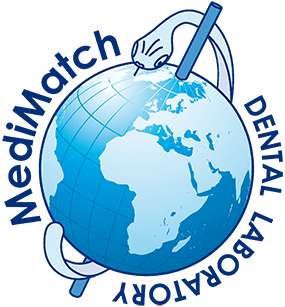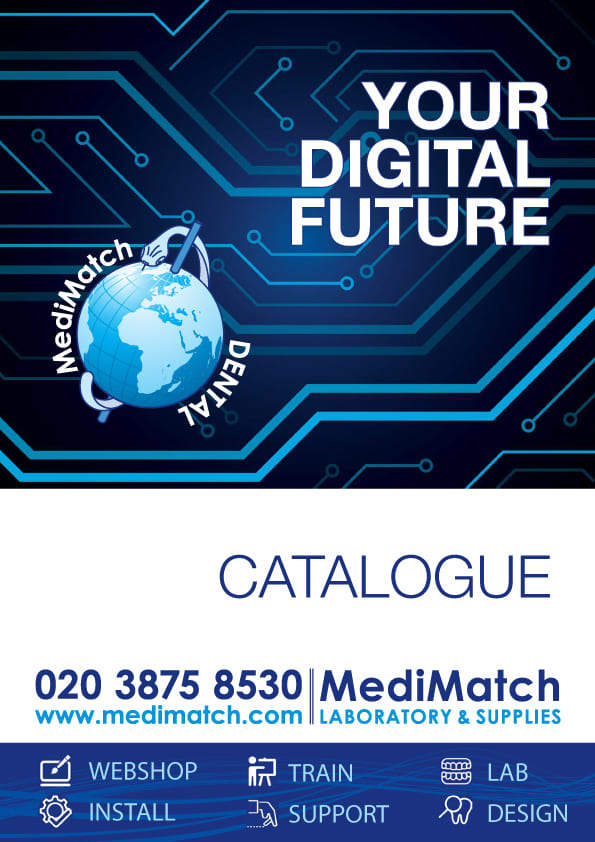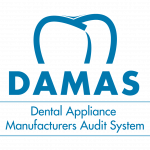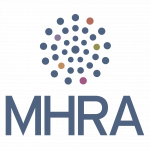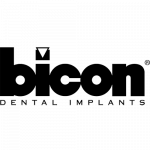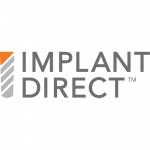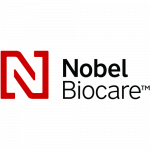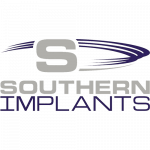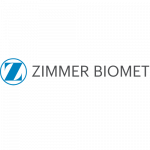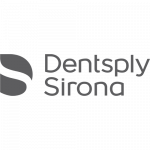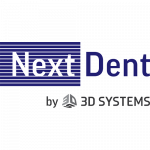How the Government’s Dental Recovery Plan Will Transform NHS Dentistry — and Why MediMatch’s Digital-First Approach Is Key to Its Success
Access to NHS dental care has been a growing concern in the UK, especially in rural and coastal areas where patients often struggle to secure appointments. Years of underfunding, a shrinking NHS workforce, and the impact of the COVID-19 pandemic have left many patients without access to essential dental treatments.
In response, the government has launched an ambitious dental recovery plan aimed at making NHS dental services faster, simpler, and fairer. With a commitment to funding 1.5 million additional NHS dental treatments, expanding workforce capacity, and investing in new technologies, this plan has the potential to transform dental care across England.
However, for this plan to truly succeed, dental laboratories must play a pivotal role in ensuring that dentists can deliver high-quality restorations at speed and scale. MediMatch Dental Lab is at the forefront of this transformation, adopting a digital-first approach to meet rising demands while enhancing efficiency, precision, and patient outcomes.
Let’s explore how the government’s plan will reshape NHS dentistry, what it means for patients and dentists, and why partnering with a digital-first dental lab like MediMatch is the key to delivering high-quality care at scale.
The Current Crisis in NHS Dentistry
The challenges facing NHS dentistry are well-documented, with millions of patients struggling to access care due to:
Severe appointment shortages – Between 2020 and 2022, at least 7 million fewer patients saw an NHS dentist compared to pre-pandemic levels.
A shrinking NHS workforce – Many dentists have left NHS services due to low reimbursement rates and contract restrictions, creating gaps in patient care.
Oral health inequalities – Lower-income communities suffer the most, with children in deprived areas being 2.5 times more likely to experience tooth decay than those in wealthier regions.
Rising treatment complexity – With delayed dental visits, more patients require complex restorative treatments, increasing pressure on both dentists and dental labs.
To address these issues, the government has introduced a recovery plan focused on improving access, increasing preventive care, and expanding the dental workforce.
What the Government’s Dental Plan Aims to Achieve
The dental recovery plan has three primary objectives:
1. Faster Access to Care
To reduce waiting times and make care more widely available, the plan will:
- Introduce a “new patient premium” – Encouraging dentists to take on patients who haven’t received care in over two years.
- Fund an additional 1.5 million NHS dental treatments – Helping clear appointment backlogs.
- Deploy mobile dental vans – Bringing care to rural and coastal areas where no NHS dentists are available.
- Expand the workforce – Making it easier for international dentists to work in the UK.
2. A Greater Focus on Prevention
The plan includes a major initiative, “Smile for Life,” to in still lifelong oral health habits in children through:
- Daily supervised toothbrushing in nurseries.
- Fluoride varnish treatments in schools.
- Consultation on expanding water fluoridation, a proven measure to prevent tooth decay.
3. Making NHS Dentistry More Sustainable
To improve retention of NHS dentists and make NHS work more attractive, the plan will:
- Offer £20,000 “golden hello” incentives to dentists working in under-served areas.
- Increase the minimum NHS reimbursement rate (UDA value) to £28.
- Expand dental school placements by 40% to grow the workforce.
- Reduce contract bureaucracy to allow dentists to focus on patient care.
The aim of these measures is to make NHS dentistry more viable for professionals, but a part of these measures success will depend on dental labs being able to meet the increased demand for restorative treatments.
The Pivotal Role of Dental Laboratories in This Plan
While dentists diagnose and plan treatments, dental labs bring those plans to life by fabricating high-quality restorations. The success of the government’s initiative depends on the efficiency and expertise of dental labs in providing:
- Crowns, bridges, and dentures – With an influx of new NHS patients, demand for these restorations will surge.
- Same-day and faster turnarounds – Speed is a key goal of the government’s plan, meaning labs must adopt advanced digital workflows.
- Digital dentistry solutions – Labs leveraging digital impressions, 3D printing, and CAD/CAM technology will play a crucial role in scaling NHS services.
- Seamless collaboration with dentists – Efficient lab-dentist relationships will be critical in meeting the high patient demand.
Why MediMatch’s Digital-First Approach Is the Future of NHS Dentistry
To support the success of the government’s recovery plan, NHS dentists need a reliable, technology-driven dental lab partner that can meet the demands of increased patient loads, faster turnarounds, and higher restoration volumes.
1. Faster Turnaround Times to Meet NHS Demand
MediMatch has invested heavily in digital workflows to accelerate the production process:
- Digital impressions eliminate the need for traditional moulds, reducing errors and speeding up restorations.
- AI-driven CAD/CAM systems allow for precise, same-day crowns and bridges, ensuring patients receive timely treatment.
- 3D printing capabilities enable the rapid fabrication of dentures, aligners, and surgical guides with unparalleled accuracy.
With MediMatch, dentists can provide high-quality restorations faster, aligning with the government’s goal of making NHS dentistry faster and more efficient.
2. Scalability for High Patient Volumes
With NHS dentists expected to take on significantly more patients, labs must be able to scale operations efficiently. MediMatch’s fully digital workflow allows for:
- Higher production capacity – No bottlenecks caused by manual processing.
- Consistent quality control – Advanced software ensures flawless restorations every time.
- Cloud-based collaboration – Dentists can send digital scans directly, speeding up case processing.
3. Improved Accuracy and Reduced Remakes
A key challenge in traditional dental lab work is manual errors and inconsistent results, leading to remakes and delays. MediMatch’s digital-first approach eliminates these issues by:
- Using AI-powered design software to create restorations with micron-level precision.
- Ensuring better fitting restorations with 3D scanning and CAD/CAM milling.
- Reducing chair time for patients, helping NHS dentists see more patients per day.
4. Seamless Integration with NHS Practices
MediMatch is designed to work seamlessly with NHS dentists, providing:
- Hassle-free digital workflows for quicker treatment planning.
- Affordable pricing structures aligned with NHS budgets.
- Expert support and training for dentists transitioning to digital workflows.
Final Thoughts: MediMatch and the Future of NHS Dentistry
The government’s dental recovery plan is a crucial step in addressing the crisis in NHS dentistry. But for this plan to truly succeed, dentists need partners who can deliver high-quality restorations quickly and efficiently.
At MediMatch, we are committed to leading the digital revolution in dental labs, ensuring that:
- NHS dentists can meet growing patient demand with confidence.
- Patients receive faster, higher-quality restorations.
- The future of NHS dentistry is built on innovation and efficiency.
With our cutting-edge technology, streamlined workflows, and expert support, MediMatch is the ideal partner for NHS dentists looking to thrive in this new era of dental care.
The NHS is evolving. Is your dental lab ready? Partner with MediMatch and embrace the future of digital dentistry today.
